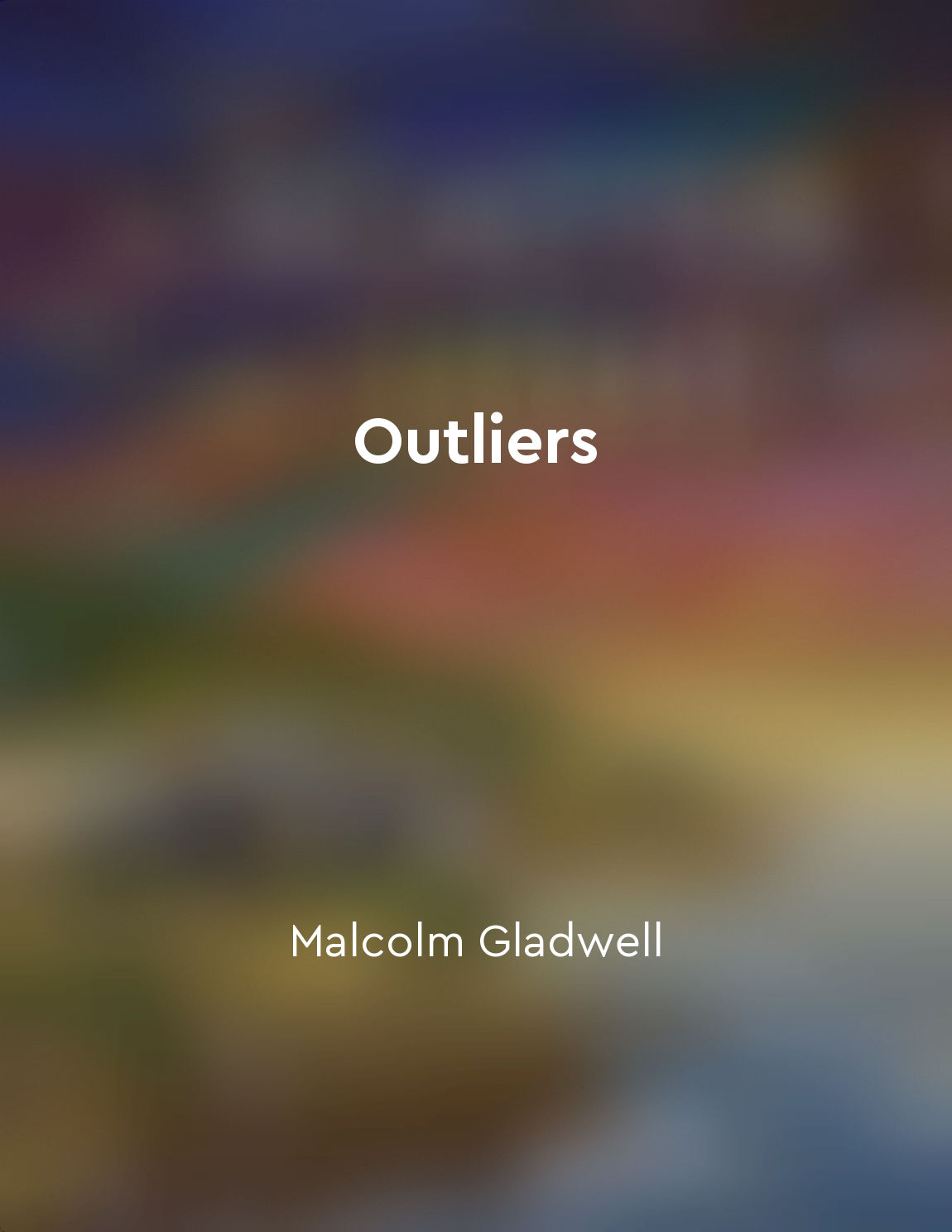Taste is a form of symbolic violence from "summary" of Distinction by Pierre Bourdieu
Taste, in its essence, is a form of symbolic violence. It functions as a means of distinction, separating individuals based on their preferences and choices. This distinction is not merely about personal preferences but is deeply rooted in the social structures of society. Taste is not just a matter of individual likes and dislikes; it is a reflection of one's social background, education, and status. Those who possess what is considered "good taste" are seen as superior to those with "bad taste." This hierarchy of taste is constructed by those in power, who dictate what is culturally valuable and what is not. In this way, taste becomes a tool for maintaining social boundaries and reinforcing existing power structures. The concept of taste as symbolic violence is evident in the way certain cultural practices are deemed more valuable than others. High culture, such as classical music or fine art, is typically associated with the elite and is seen as more prestigious than popular culture, like reality TV or pop music. This hierarchy of cultural practices serves to maintain the status quo and perpetuate inequality. Moreover, taste is not just about cultural preferences but extends to all aspects of life, including food, fashion, and lifestyle choices. Those who conform to dominant cultural norms are rewarded with social approval and acceptance, while those who deviate are marginalized and stigmatized. In this way, taste operates as a form of social control, shaping individuals' identities and influencing their behavior. Those who possess cultural capital are able to wield power and influence over others, while those without it are disadvantaged and marginalized.- Taste as a form of symbolic violence highlights the ways in which social hierarchies are constructed and maintained through cultural practices. It reveals the underlying power dynamics at play in society and underscores the importance of understanding the role of taste in shaping our identities and relationships with others.
Similar Posts

Voting rights are essential for equality
When we talk about equality, we have to talk about voting rights. Because without the ability to vote, our voices are silenced....

Scientific revolution reshaped human understanding of world
The Scientific Revolution was a turning point in human history, marking a significant shift in our understanding of the world. ...
The portrayal of villains in media
Chuck Klosterman explores the idea of villains in media and how they are portrayed. He delves into the complexities of villaino...

The importance of cultural legacy and generational patterns on success
The influence of cultural legacy and generational patterns on success is a critical factor that cannot be overlooked. Our cultu...
Hand gestures can emphasize or distract
Hand gestures play a significant role in our communication, often amplifying or detracting from the message we intend to convey...
Our behavior can be influenced by unconscious processes
The human mind is a complex and intricate system, capable of processing vast amounts of information at any given moment. Howeve...
Constraints can lead to more creativity in decisionmaking
Constraints are often seen as limitations that hinder our ability to make creative decisions. However, paradoxically, constrain...

Displacement of traditional working class
The traditional working class, which once formed the backbone of Western societies, now finds itself increasingly displaced and...
Combining familiar ideas leads to breakthroughs
When we consider the history of human creativity, one pattern emerges clearly: breakthrough ideas often arise from the combinat...

We are heavily influenced by our environment
When we consider how we make decisions, we often believe that we are in control of our choices. We like to think that we carefu...

